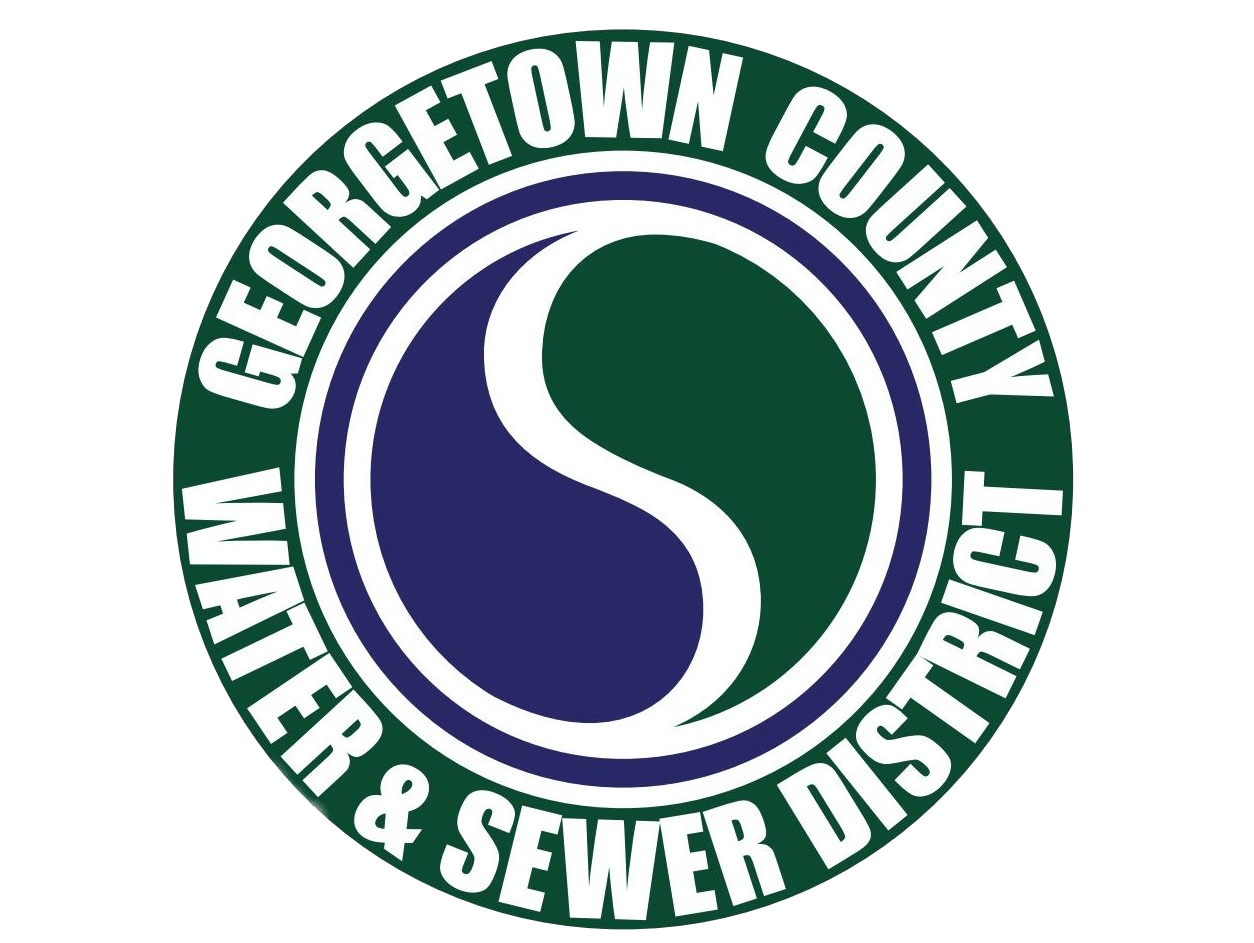WATER CONSERVATION TIPS
Water Conservation Tips
Indoor Use Water Conservation Tips
General
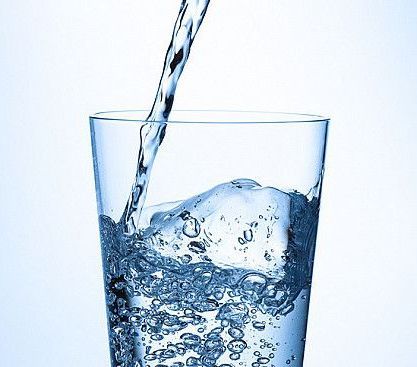
- Never pour water down the drain when there may be another use for it. Use it to water your indoor plants or garden.
- Make sure your home is leak-free. When you are certain that no water is being used in your home, take a reading of the water meter. Wait 30 minutes and then take a second reading. If the meter reading changes, you have a leak!
- Repair dripping faucets by replacing washers. One drop per second wastes 2,700 gallons of water per year!
Bathroom
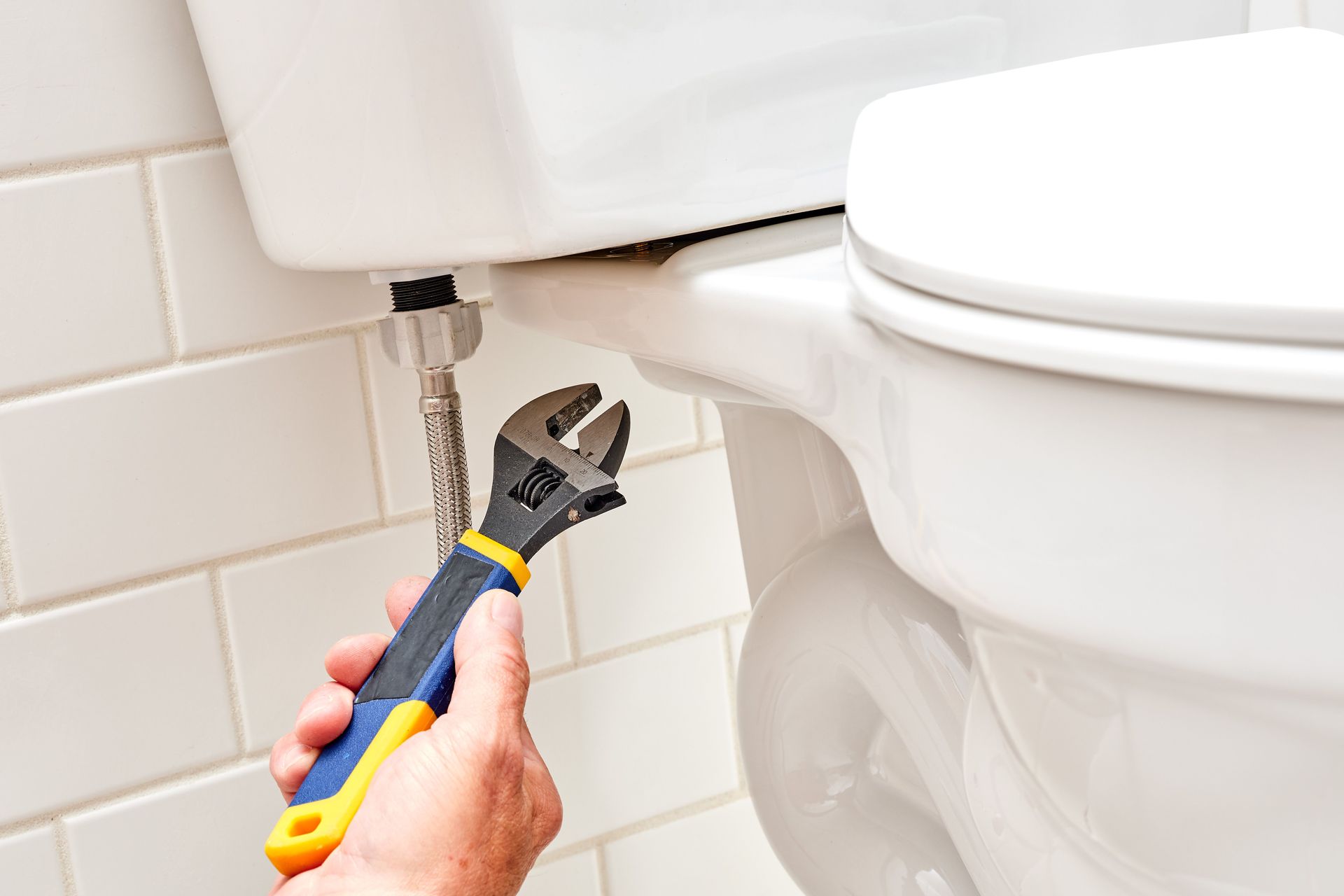
- Check for toilet leaks by adding food coloring to the tank. If you have a leak, the color will appear in the bowl within 30 minutes. (Flush immediately to avoid stains.)
- If the toilet handle frequently sticks in the flush position letting water run constantly, replace or adjust it.
- Leaky toilets can usually be fixed inexpensively by replacing the flapper.
- Take frequent shorter showers instead of one long shower.
- Place a bucket in the shower to catch excess water for watering plants.
- Don't let water run while brushing your teeth, washing your face or shaving.
- Avoid flushing the toilet unnecessarily. Dispose of tissues, insects and other similar waste in the trash rather than the toilet.
Kitchen

- Operate automatic dishwashers only when they are fully loaded.
- Store drinking water in the refrigerator. Don't let the tap run while you are waiting for water to cool.
- Do not use running water to thaw meats or other frozen foods. Defrost food overnight in the refrigerator or use the defrost setting on your microwave.
- Do not waste water waiting for it to get hot. Capture it for other uses such as plant watering or heat it on the stove or microwave.
- Clean vegetables in a pan filled with water rather than running water from the tap. Re-use the water that vegetables are washed in for cleaning or watering plants.
Outdoor Use Water Conservation Tips
General
- If you have a well at home, check your pump periodically. If the pump turns on and off while water is not being used, you have a leak.
Car Washing
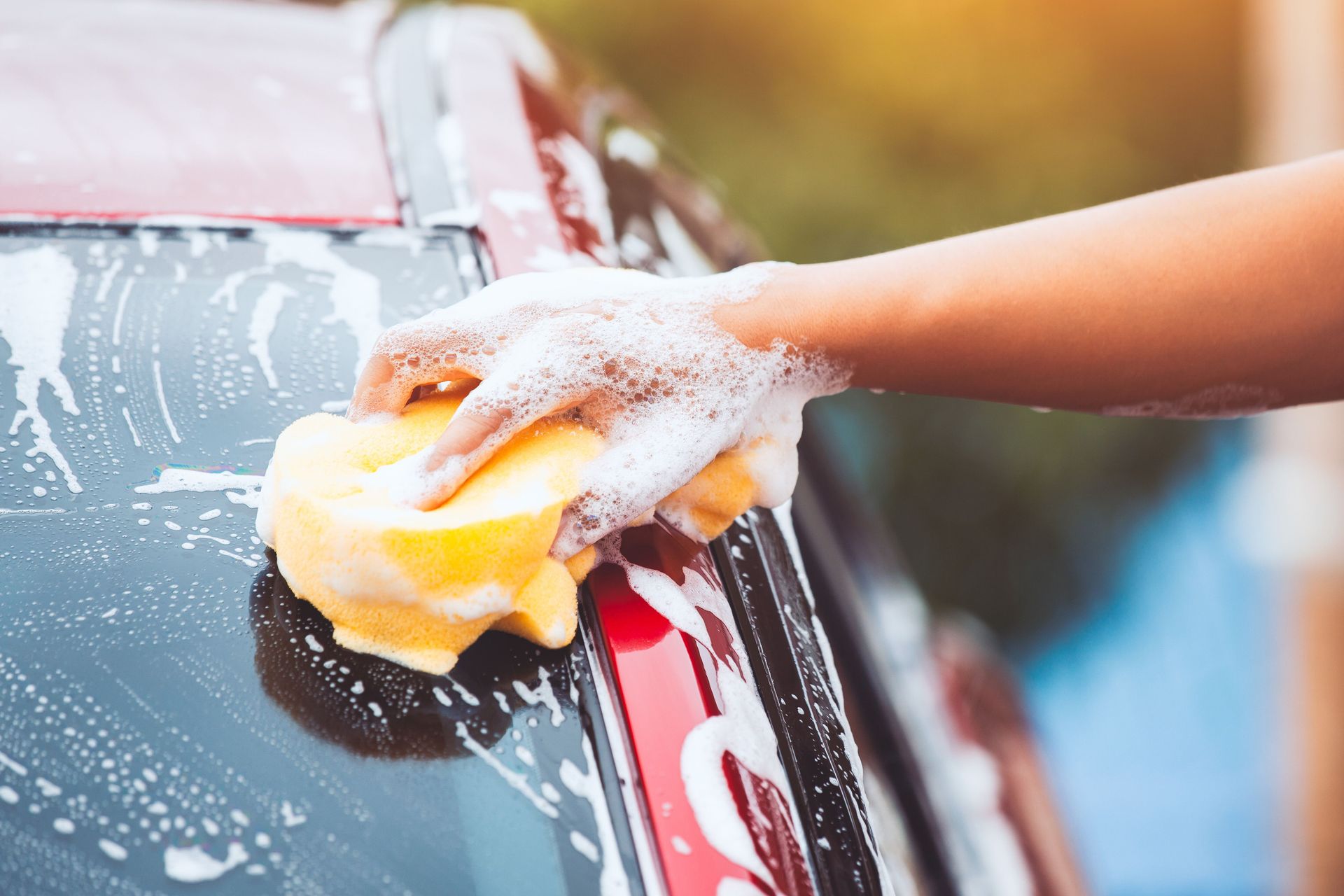
- Use a shut-off nozzle on your hose that can be adjusted down to a fine spray, so that water flows only as needed. When finished, turn it off at the faucet instead of at the nozzle to avoid leaks. Check hose connectors to make sure plastic or rubber washers are in place to prevent leaks.
- Consider using a commercial car wash that recycles water. If you wash your own car, park on the grass so that you will be watering it at the same time.
Lawn Care
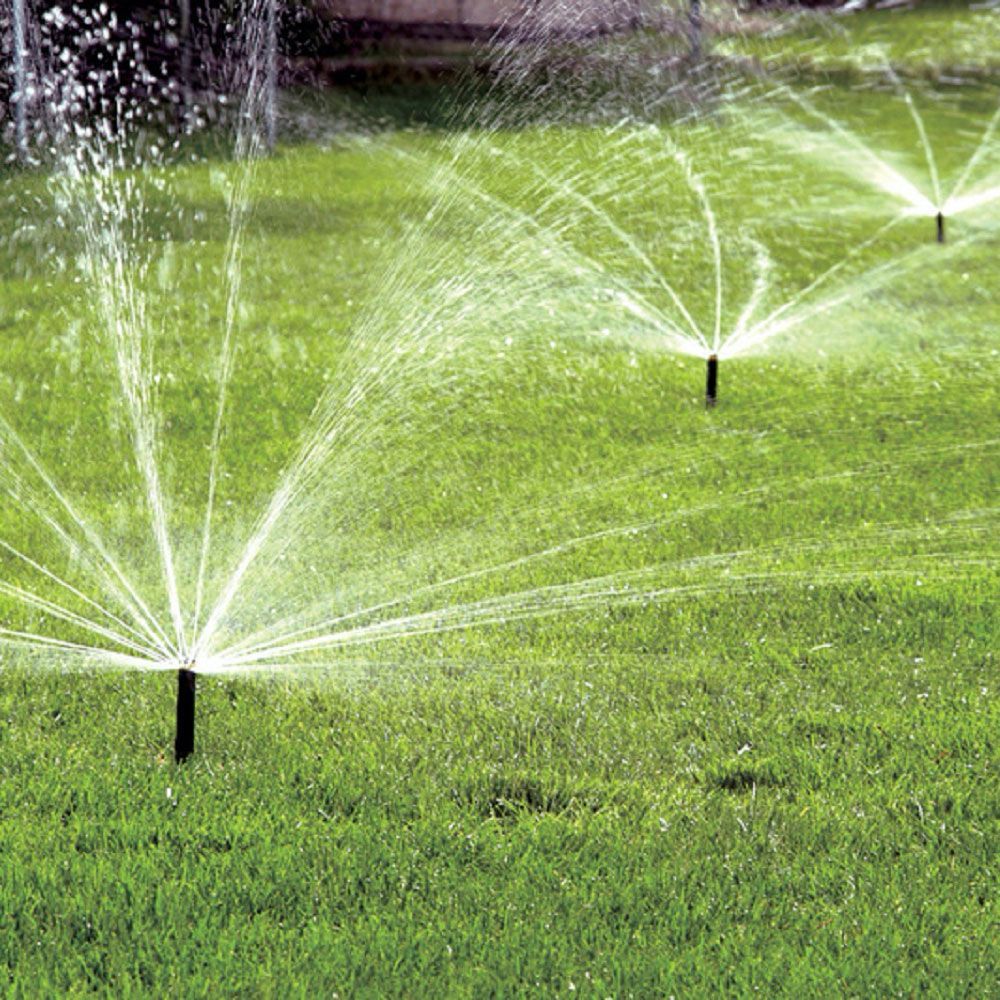
- If a drought has been declared in your county, change your irrigation timer to start between 10:00 PM and 2:00 AM when demand for water is lowest.
- If your address ends with an odd number (1, 3, 5, 7, 9), change your irrigation timer to water on Monday, Wednesday and Friday.
- If your address ends with an even number (0, 2, 4, 6, 8), change your irrigation timer to water on Sunday, Tuesday and Thursday.
- Water no more than every other day.
- Water in several short sessions rather than one long one in order for your lawn to better absorb moisture. For example, water in ten-minute sessions spaced 30 minutes apart, rather than one straight 30-minute session.
- If a potential drought has been issued in your county, modify when you irrigate to inactive hours, such as from 10:00 PM - 2:00 AM.
- Position sprinklers so water lands on the lawn and shrubs and not paved areas.
Within the Community
- Report water losses (broken pipes, open hydrants, errant sprinklers, etc.) to the property owner, local authorities or Georgetown County Water and Sewer District.
- Follow water conservation and water shortage rules in effect. You are included in the restriction even if your water comes from a private well.
- Encourage your employer to promote water conservation in the workplace.
- Participate in public water conservation meetings conducted by your local government or community.
Please use water responsibly.
© 2022 Georgetown County Water & Sewer District. All Rights Reserved
